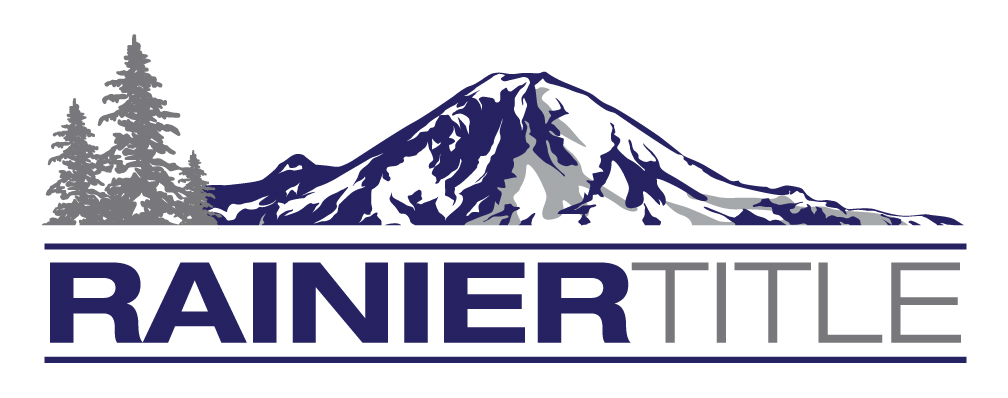What Is Remote Ink-Signed Notarization (RIN)?
Due to the COVID-19 virus, many states have passed emergency legislation which temporarily authorizes the use of remote ink-signed notarization. The use of a RIN will only last until the government lifts the emergency order.
Remote ink-signed notarization allows notaries to perform and complete paper transactions without the usual face to face interactions, and without potentially spreading the virus. A notary still ink stamps the documents, and everyone signs the documents in pen. The RIN process is performed using video conferencing tools like Microsoft Teams, Zoom, Skype, or WebEx, etc. Using audio-visual technology allows the parties to see documents as they are signed and fulfills the requirement that a document signer personally appears before a notary. The notary follows methods specified by the emergency order to identify the signers, and witness the signing. After the notary receives the signed paper documents, the notary will sign in ink and apply the notary stamp to the documents. No electronic signatures are required.
What Is The Difference Between Remote Ink-Signed Notarization (RIN) And Remote Online Notarization (RON)?
The Temporary RIN is different from traditional notarizations and different from the permanent RON. RON laws enacted by states allow notarial documents to be signed and tamper sealed electronically. The notarial seal is applied electronically also. The provisions in Lender Letter LL-2020-03, Impact of COVID-19 on Originations, did not cover RIN transactions.
Although the steps may vary by state, a typical RIN transaction will be similar to the following:
1. The paper closing package is delivered to the borrower.
2. The notary and signer appear before each other using a live, real-time video conferencing tool.
3. The notary identifies the signer using the methods allowed under their state notary law.
4. The notary uses audio-visual technology to witness the borrower ink-sign the document.
5. The borrower returns the signed document to the notary (via mail, fax, electronically, or delivery service).
6. Upon receipt of the package, the notary physically signs and applies the notarial seal or stamp to the documents.
7. A recording of the signing portion must be retained for the minimum period required by the applicable state laws. If no period is specified under state law, then the recording must be kept for seven years.
8. The lender will maintain a recording of the signing that included the notarization for the loan’s life.
What Else Can Buyers And Sellers Expect During The Remote Ink-Signed Notarization Process?
The National Notary Association has developed standards of professional practice for notaries to follow when performing video conference notarizations. Notaries are also required to follow all requirements in the temporary authorization, state notary laws.
With the notary following the legal and professional guidelines, buyers and sellers should expect:
* To show the front and back of any identification card used to verify their identity so the notary can compare the information on the ID to the signer appearing on the video conference.
* To be asked to “pan” the room with their video camera so the notary can see if there are any other persons in the room with them.
* To state on camera that they are signing the document freely and voluntarily and have the mental capacity or competence to do so.
* To show each page of the signed document and their ID once again so the notary can compare the signatures on the ID and document before it is faxed or transmitted to them.
* The notary to show them each page of the document to ensure it is the same document they transmitted.
* The video camera angle on the notary’s end to have a clear view of the notary completing the certificate of notarial act.

